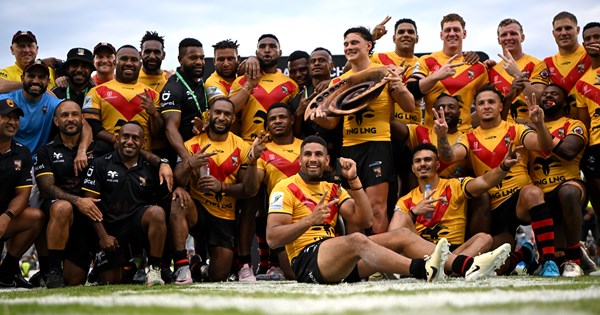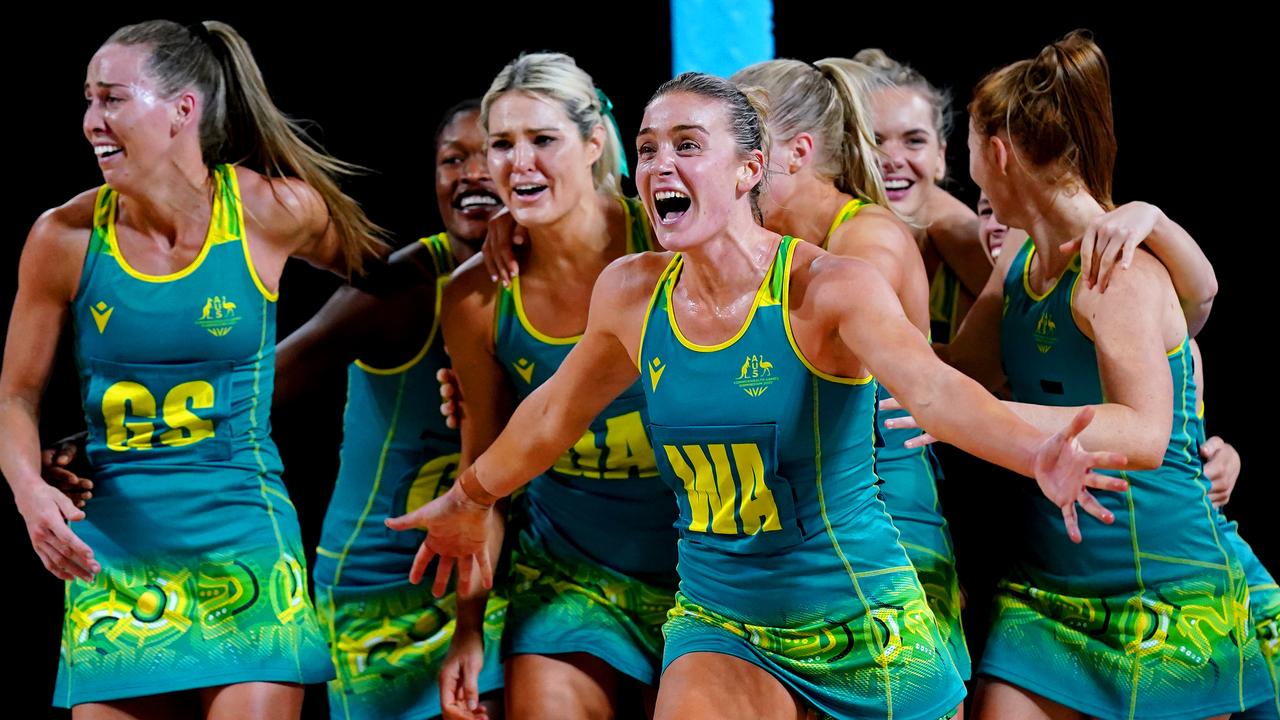[mkdf_dropcaps type=”normal” color=”#f55549″ background_color=””]A[/mkdf_dropcaps]
five-year study from Monash University has shown AFL players are most likely returning to play from concussions and head injuries with high levels of damaged brain cells.
The study, which was published in the journal Biomarker Research, used baseline blood testing on between 100 and 200 Melbourne University Blacks players in the pre-season of each season from 2017 to 2019, and followed up with further blood tests and MRI’s for the 28 that suffered concussions.
The study found even though the concussed players may show no symptoms after a week, analysis of the further blood tests showed elevated levels of the protein Neurofilament light (Nfl), known as evidence of damaged brain cells.
Study author, Dr. Stuart McDonald, said the levels of Nfl had doubled one week after the concussion was reported, and tripled after two weeks, regardless of concussion symptoms, showing that players were at risk of further brain cell damage if playing with the elevated levels.
“If players return to play whilst these levels are still elevated, that may indicate that the brain is in a highly vulnerable state,” Dr. McDonald said.
“Some players may be returning to play before the brain has recovered and potentially is still in a vulnerable state.
“Repeated concussions can have cumulative effects and these can result in worsened and potentially long term outcomes for players who sustain repeated concussions.
“It’s very difficult to actually establish when a player has recovered from concussion and it’s completely reliant on self-reporting of symptoms.
“This protein in the blood (Nfl) may be able to actually indicate when the brain has recovered and therefore may be used as an objective tool to guide when it is safe to return to play,” he said.
The researchers confirmed through other studies into other sports, elevated levels of Nfl were still seen one month after the initial concussion, despite AFL players typically returning to play one to two weeks following a concussion.
The study further raises concerns of concussion in sport, following a number of significant milestones through 2020, including former AFL player, Shaun Smith, receiving a $1.4 million payout after his insurance company found he was “totally and permanently disabled” due to concussion damages he incurred during his playing career.
This news came just weeks after the analysis of the late Danny Frawley’s brain showed he had been suffering from Stage Two Chronic Traumatic Encephalopathy (CTE) when he died in 2019.
As part of Ministry of Sport’s Brain Health Week in 2020, Ministry of Sport founder, Ben Parsons, spoke to Boston University CTE Center director, Dr. Ann McKee on the cause and effect of CTE in athletes, click here to listen to the conversation.
Throughout the Ministry of Sport Brain Health Week, Parsons also spoke to Digital Health Organization CEO, Nathan Thynne, Saccade Analytics chief technology officer, Sam Collins, and Mind Medicine Australia director, Jane Burns on all things brain health, click here to see the collection.







